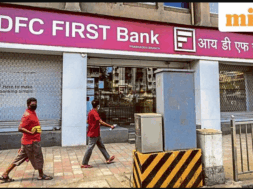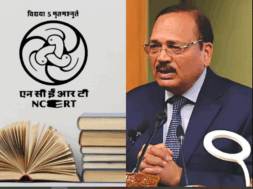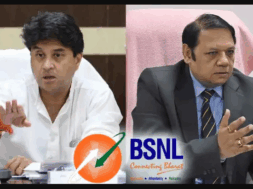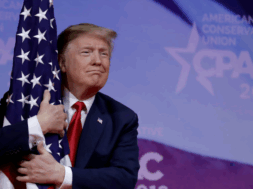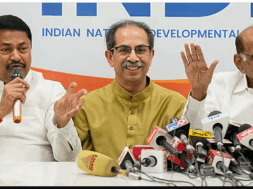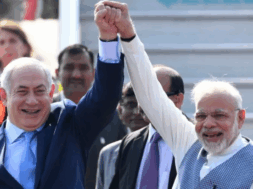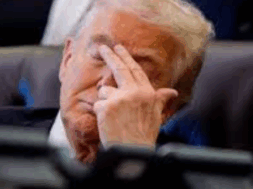
Roving Periscope: Chechnya’s ghosts revisit Russia, killing 115, and wounding many
Virendra Pandit
New Delhi: A day after President Vladimir Putin officially won a fifth term, suspected ghosts from Muslim-dominated separatist Chechnya—whom he believed he had crushed two decades ago—revisited Russia on Friday, killing at least 115 people and wounding many more as they attacked a concert hall in national capital Moscow.
Global terror outfit Islamic State (IS) has claimed responsibility for the attack. Ukraine has denied its hand.
According to media reports, Russia ignored the US warning about the impending attack, believing the tipoff was a ruse. Now, Russia has detained a dozen suspects.
The US Embassy in Moscow had issued a public warning on March 7 that “extremists have imminent plans to target large gatherings in Moscow, to include concerts.”
The deadliest terror attack on Russia in decades happened at Crocus City Hall, a shopping mall and music venue with a capacity of more than 6,000 people in Krasnogorsk, on Moscow’s western edge. Several armed terrorists stormed it and opened fire on the crowd, the head of Russia’s Federal Security Service told President Putin on Saturday, Russian state news agency Tass said. Terrorists shot civilians at point-blank range.
Those killed had come to a show by the popular Picnic Rock group. A huge fire broke out after an explosion, leading to a partial collapse of the roof of the sprawling Hall. A manhunt was underway for the suspects, who escaped by car, the RIA state news agency reported.
Friday’s attack came just days after President Vladimir Putin cemented his grip on absolute power in a highly orchestrated electoral landslide, winning 87 percent of the vote against three minor rivals.
The Islamic State (IS) group claimed responsibility for the attack in a statement posted on affiliated social media channels, although neither the Kremlin nor Russian security services officially assigned blame for the attack.
In a statement posted by its Aamaq news agency, the IS affiliate in Afghanistan said it had attacked a large gathering of “Christians” in Krasnogorsk.
A US intelligence report said the IS branch was planning an attack in Moscow, and that US officials had privately shared it earlier this month with Russian officials. SITE, an organization tracking jihadist channels, said Islamic State had claimed the attack in a Telegram post.
But on Tuesday at a meeting with senior Federal Security Service officers, Putin hit out at “frankly, provocative statements” by Western officials earlier this month warning of a possible imminent terrorist attack in the city. “All this resembles outright blackmail and the intention to intimidate and destabilize our society,” he told Russia’s main internal security service, known as the FSB.
On Friday, the UN Security Council condemned “the heinous and cowardly terrorist attack” and underlined the need for the perpetrators to be held accountable. UN Secretary-General Antonio Guterres also condemned the terrorist attack “in the strongest possible terms”, his spokesman said.
The remaining Chechnyan separatists are believed to have joined hands with the regrouping IS terrorists. In October 2015, a bomb the IS planted downed a Russian plane, killing all 224 people on board, most of them were Russian vacation-goers returning from Egypt. The group, which operates mainly in Syria and Iraq but also in Afghanistan and Africa, claimed several attacks in Russia’s volatile Caucasus and other regions in the past years. It recruited fighters from Russia and other parts of the former Soviet Union.
The fresh attack has led to the biggest single loss of life from terrorism in Moscow since Chechen separatists took hostages in 2002 at the Nord-Ost theater, where at least 170 people including the dozens of attackers died during a botched rescue mission.
The FSB said earlier this month it prevented an attack on a Moscow synagogue by what it called an Afghan branch of Islamic State, Interfax reported.
The bloody assault on the Russian capital was a throwback to an earlier period of Putin’s quarter-century rule, when suicide bombings, most blamed on Islamists from within Russia or its neighbors, killed scores. It shattered the illusion of security in Moscow that Putin has sought to cultivate in the more than two years since he invaded Ukraine in February 2022.
Regrouping Islamist gangs have targeted Russia in the past citing ‘anti-Muslim policies’ by the Kremlin. The seizure of a school in Beslan in the south of the country led to more than 380 fatalities in 2004. In 2010, twin suicide attacks in Moscow subway stations killed at least 40, while a suicide bombing killed 16, including the attacker, in the St. Petersburg subway in 2017.
Moscow has been largely insulated from the direct effects of Putin’s two-year-old invasion of Ukraine. It was only this week that Putin’s spokesman formally declared the invasion a “war.”



